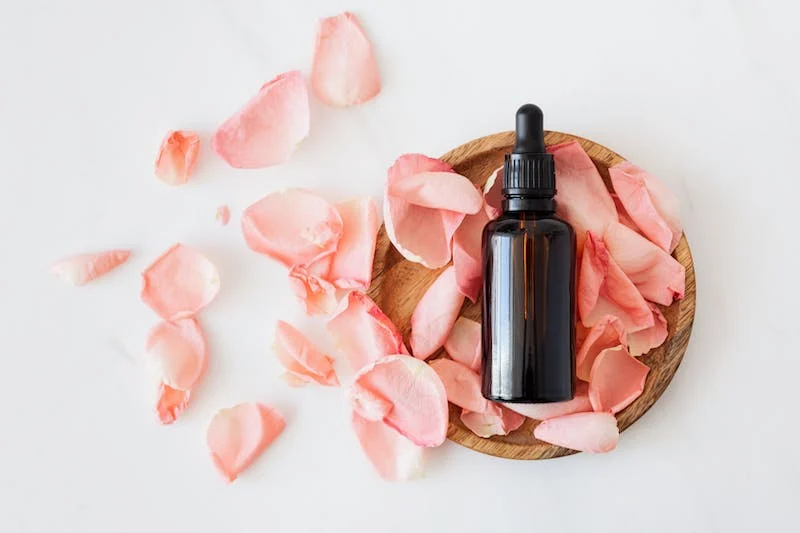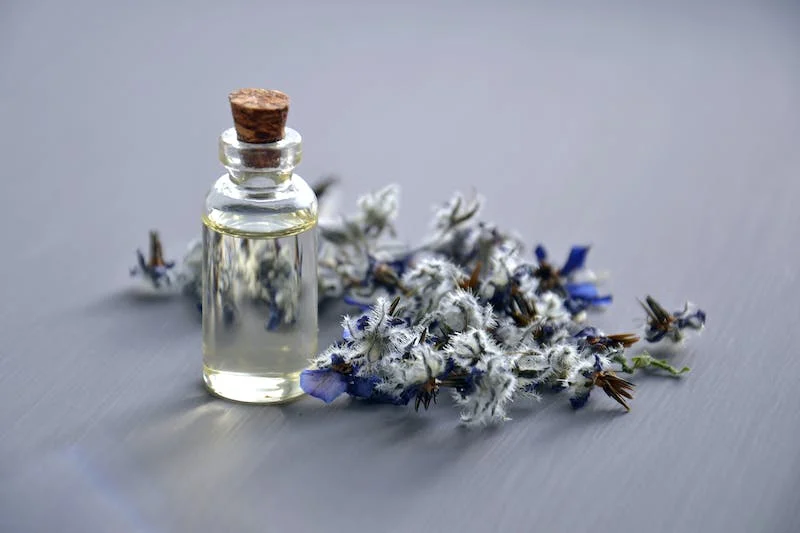Introduction
Table of Contents
Essential oils have managed to build a reputation for themselves in the recent decade and are becoming a good that is now more readily available to the masses than ever before. There are many different types of essential oils with different purposes and attributes, and many of them are popular pain relievers. As such, one article can barely cover the tip of the iceberg.
In this article, you’ll find out more about the most common five types of essential oils, their purposes, and the proper ways to use them. Without further ado, let’s get into it!
What Exactly Are Essential Oils?
Assuming you’re like most people, you’ve probably heard of what essential oils are all about – that they smell good. Well, surprise surprise! Besides releasing a lovely aroma, essential oils have other benefits.
Essential oils can help elevate physical stress such as headaches and nausea. In addition, medical professionals have found that essential oils help enhance the recovery process of an array of mental health issues like anxiety and depression. Even if you are not unwell, applying a drop or two of essential oil can help to reduce overall stress and improve your sleep quality.
Okay, that might sound like a description of a magic potion but rest assured, it is not. The reason that essential oils are so beneficial is that is made up of plant material. This means that what you’re getting in a bottle of essential oil is all the natural goodness extracted from plants. It can’t get any more natural than that!
Now, let us take a look at the five most common types of essential oils.
Lavender Oil
Perhaps the most well-known essential oil of them all is lavender oil. Made of the petals of the flower, lavender oil is often used for its soothing scent.
It can help with pain, stress, and sleep and helps to improve one’s overall mood. Lavender was used to clean hospitals in the past because of the exact properties that it has which optimise the patients’ and hospital staff’s conditions.
Tea Tree Oil
Tea tree oil is mainly used to treat bacterial or fungus infections.
Dermatologists often recommend their patients who have severe cases of acne apply tea tree oil directly onto their acne with a cotton swab. The antimicrobial and antifungal properties of tea tree oil help to reduce the inflammation of acne.
For people with athlete’s foot or ringworms, you can blend a drop or two of tea tree oil into a carrier oil and apply that to the affected areas.
One note of precaution about tea tree oil is that it can be neurotoxic. It is advisable to avoid using tea tree oil around young children and pets.
Peppermint Oil
Peppermint oil is rather versatile and can be used to soothe headaches, improve mood, and fight fatigue. In addition, when diluted, peppermint extract helps to relieve stomachaches, and kill germs.
Lemongrass Oil
Possibly one of the fan favourites, lemongrass oil has a calming and soothing scent that many people adore.
Its strong citrus aroma can help to relieve stress and is especially useful for people with anxiety and depression. Lemongrass oil also contains antibacterial properties which can be used to cleanse and heal wounds naturally.
Rosemary Oil
Rosemary is a herb and spice that is commonly found in the kitchen. It enhances the flavour and aroma of the food and when it is in the form of essential oils, rosemary oil can be used to treat inflammation, promote hair growth, and relieve one’s overall stress.
As a note of precaution, pregnant women or individuals with high blood pressure or epilepsy should refrain from using rosemary oil.

Ways To Use Your Essential Oils
Essential oils can be used in more ways than one. Since it is such a concentrated liquid, essential oils should be handled with care to avoid any unwanted situations.
Diffuse Them
Diffusing essential oils is the most widely known method that people often adopt. It is a simple yet effective way to make full use of your essential oils.
Simply add a drop or two of your essential oil to a diffuser and add an appropriate amount of water. The diffuser will work its magic and spread the calming scent all around the room.
If you do not own a diffuser, fret not. You can simply take deep breaths from the bottle. Otherwise, apply the essential oil onto a cotton ball which helps to disperse the smell.
Regardless of which method you choose, diffusing essential oils will instantly boost your mood and helps to lower your levels of stress and anxiety.
Apply Directly Onto Your Skin
As a rule of thumb, you are advised to dilute your essential oils before using them. Apply the diluted solution onto your skin to reap the full benefits of the minerals that they contain. For easier application, consider storing the mixed solution in a bottle with a rollerball.
That said, there are a few types of essential oils that do not require any dilution. These include coconut oil and jojoba oil. To be safe, you should still check with a professional and get their advice on whether you ought to dilute your essential oil.
Consume them
Yes, you are reading that right. Certain essential oils can be ingested and are even good for your body. They are usually consumed in the form of teas or just directly ingested in their original concentrated form.
However, you have to be extremely careful if you were to choose this method. Consuming large amounts or even a few drops can potentially burn the insides of your mouth and even cause damage to your body.
Only do so if you are monitored by a professional and ideally seek other methods before you choose this.
Conclusion
And there we have it! Essential oils can bring about many wonderful moments and benefits to your life if they are used properly. Essential oils provide you with a form of natural remedy that can boost your overall physical and mental health. Even if you are not seeking any specific health benefits, essential oils have soothing scents and there’s no harm in making your room or any space smell great!


